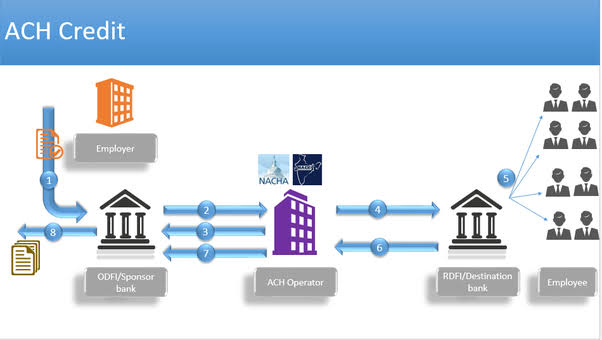Advantages and Disadvantages of Bankruptcy - BANKING TERMS FOR EXAMS
What is Bankruptcy?
Bankruptcy is a court proceeding in which a judge and court trustee examine the assets and liabilities of individuals and businesses who can’t pay their bills and decide whether to discharge those debts so they are no longer legally required to pay them.Legal meaning of the terms bankruptcy, insolvency, liquidation and dissolution are contested in the Indian legal system. There is no regulation or statute legislated upon bankruptcy which denotes a condition of inability to meet a demand of a creditor as is common in many other jurisdictions.
It is important that you are fully aware of both the benefits, and the negatives, of declaring bankruptcy. We will talk you through everything fully when we speak to you, but please feel free to read our guide to the advantages and disadvantages of bankruptcy.
What Are the Disadvantages of Filing for Bankruptcy?
- Bankruptcy restricts your ability to apply for more credit.
- You may lose many of your other possessions, which can be sold to help pay off creditors. This would include any motor vehicle you may possess.
- A small number of professions may not continue to employ those made bankrupt. Solicitors and accountants are two such professions. You would also not be allowed the role of school governor.
- Business owners may see their firm closed down as part of the bankruptcy process.
- Bankruptcy is a public process, listed on the Insolvency Register. You will be removed from this register three months after being discharged.
- Even when no longer bankrupt, some debts cannot be written off – these include student loans and court fines for example.
What Are the Advantages to Filing for Bankruptcy?
- For many, there is a great relief and a release of pressure and stress by no longer having to deal direct with creditors.
- Whilst there may be a misconception that bankruptcy results in the loss of all possessions, it is possible to retain certain things, including household items, so that an acceptable standard of living can be maintained.
- The process allows for a fresh start. The bankruptcy is usually discharged after twelve months, when the individual can truly begin to move on.
- The debts you carry can usually be written off, at least partially.
- Creditors usually have to halt any court actions against an individual once a bankruptcy order is made.
- The stigma involved is not what it was. Approximately 40,000 people in England and Wales go bankrupt each year. Bankruptcy should be seen as a responsible course of action to deal with debts definitively if all other avenues have been exhausted.
When Should I Declare Bankruptcy?
There is no “perfect” time for filing bankruptcy, but there is a good rule of thumb to keep in mind when you’re considering it: If it is going to take more than five years for you to pay off all your debts, it might be time to declare bankruptcy.
The thinking behind this is that the bankruptcy code was set up to give people a second chance, not to punish them. If some combination of mortgage debt, credit card debt, medical bills and student loans has devastated you financially and you don’t see that picture changing, bankruptcy might be the best answer.
What is Filing for Bankruptcy
Filing for bankruptcy is a legal process that either reduces, restructures or eliminates your debts. Filing bankruptcy with a court is the first step. You can file on your own or you can file with an attorney. Bankruptcy costs include attorney fees and filing fees. If you file on your own, you will still be responsible for filing fees.
For more information about your situation, it is highly advised that you consult with a Bankruptcy Lawyer before making a decision to file for Bankruptcy.



Comments
Post a Comment